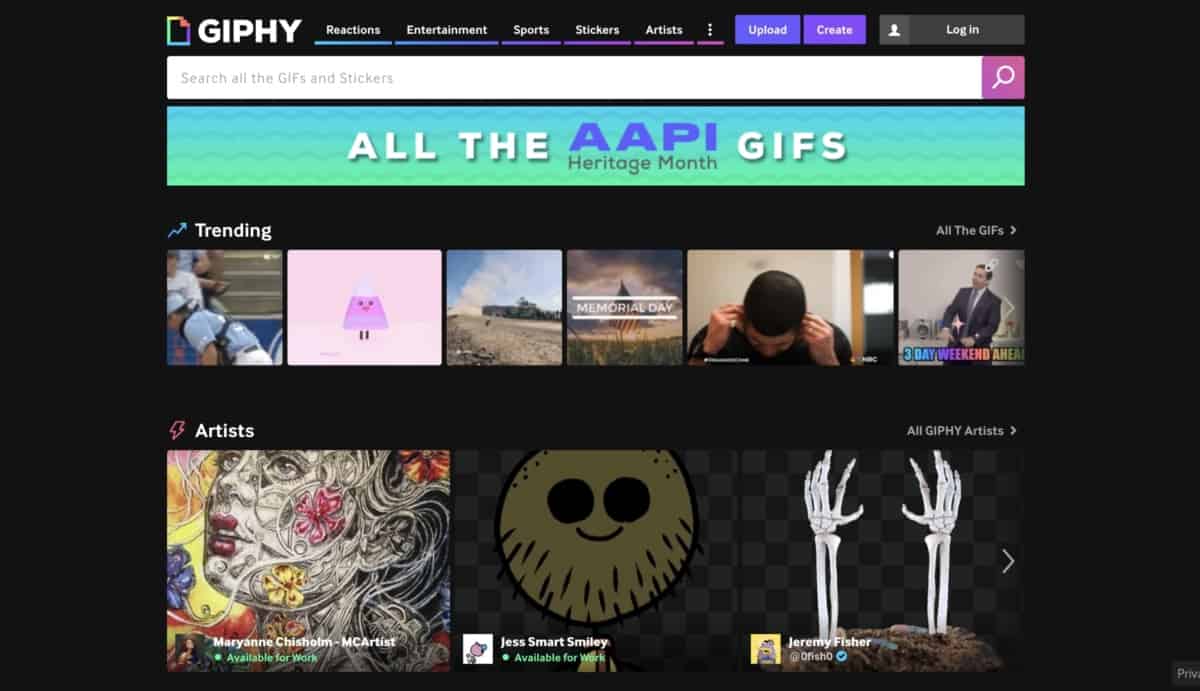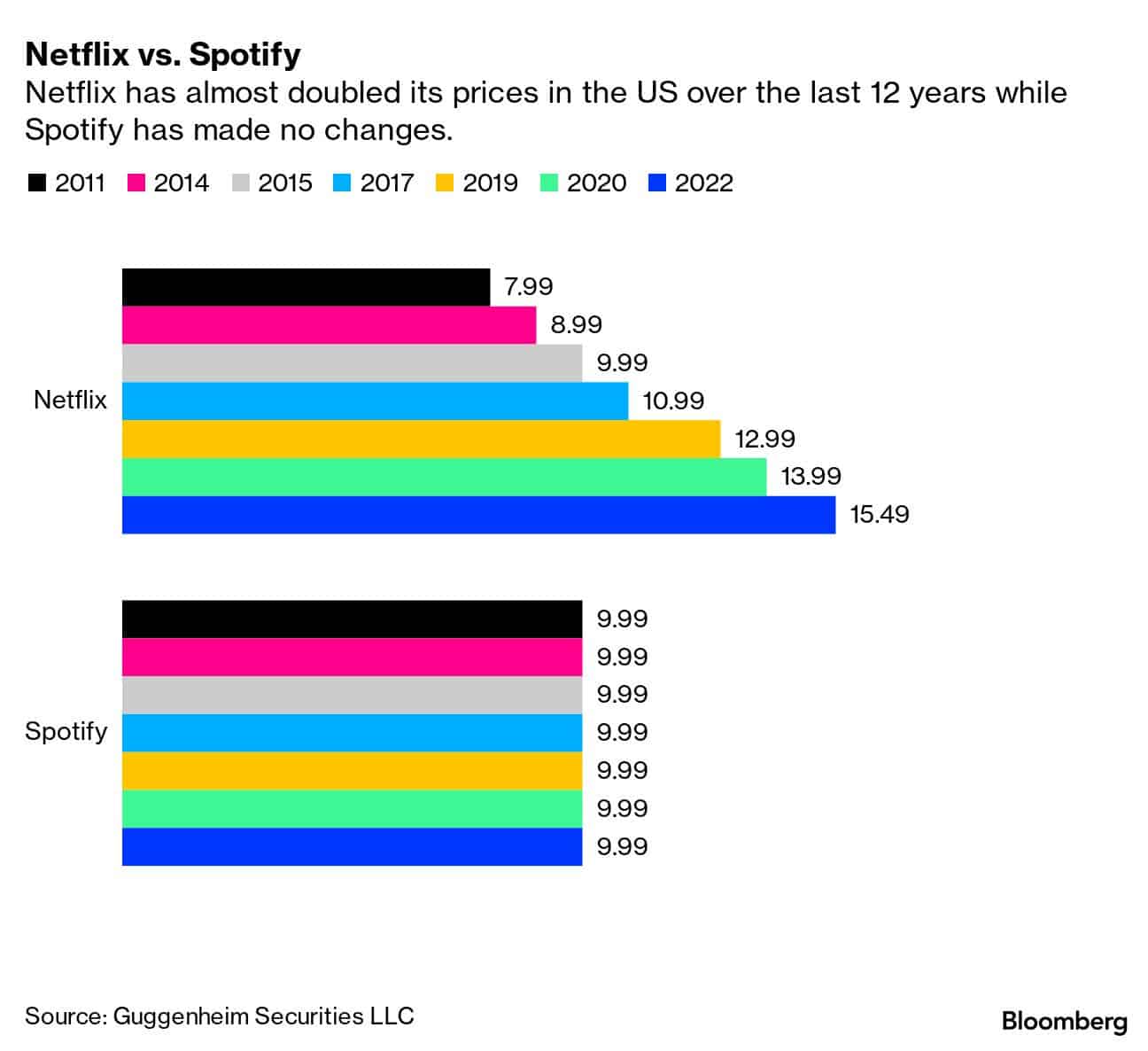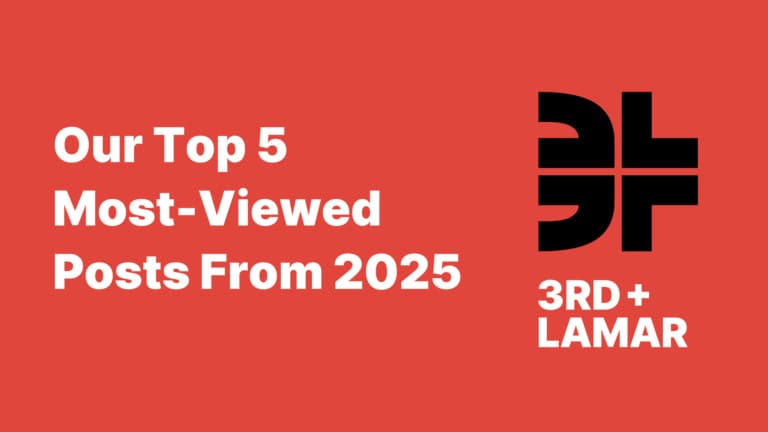
Meta, formerly known as Facebook, has agreed to sell GIPHY to Shutterstock for $53 million, significantly lower than the $400 million Meta paid for the acquisition in 2020.
The sale comes after a long legal battle with the UK’s Competition and Markets Authority (CMA), which raised concerns about Meta gaining an unfair advantage in the digital ads market. In October 2022, the CMA ordered Meta to divest GIPHY, forcing Meta to sell.
Shutterstock said it plans to leverage its capabilities in content monetization, generative AI, and creative automation to commercialize the GIF library.
According to Social Media Today, “Giphy tried to make the case that it was no longer even worth the $400 million Meta was offering, and that no company other that Meta would consider acquiring it.”
Andrew Hutchinson writes, “As per Giphy’s own argument, GIFs ‘have fallen out of fashion as a content form, with younger users, in particular, describing GIFs as ‘for boomers’ and ‘cringe’.”
Can Advertisers Save The Planet?
Advertisers are taking steps to reduce their emissions and become climate neutral, in addition to influencing the public to be more client conscious.
In “The Promise and Perils of Adland Taking Climate Action,” climate expert Bill Wescott writes for Adweek that while he believes brands are putting in sincere effort, there are numerous issues.
“Part of the problem is that many in the ad sector have tried to reinvent the wheel within the confines of their competitive landscape, rather than realize that virtually all of the key questions have already been answered through similar processes in other sectors,” wrote Wescott.
Nick Keppel-Palmer, co-founder of The Good Growth Company, wrote that “parking ‘sustainability’ in the marketing function is a cop out.” Check out his thoughts here.
Other news
- “The digital media share of U.S. ad spend rose from 56 percent in April 2022 to 60 percent this year,” according to the Stacked Marketer.
- Could Spotify raise its subscription price? While the price of Netflix has risen (see below), Spotify’s base subscription price has remained the same in recent years. Per Bloomberg reporter Lucas Shaw, “the average person spent just $40 a year on music during the CD boom, the peak of the industry’s sales. Now, the average streaming customer (worldwide) spends close to $50 a year.”

That said, record labels like Universal Music Group and Warner Music Group are seeing declines in their stock prices. And in March, the CEO of Warner Music Group questioned why streaming music prices haven’t risen.
That’s all for this week’s Marketing Roundup. Check back in next Friday for more news. And check out our new careers page.



